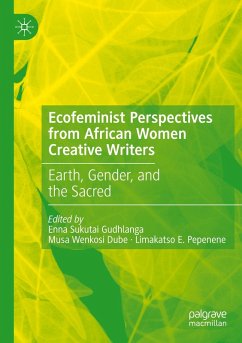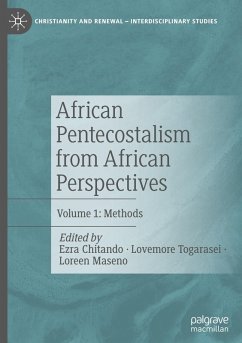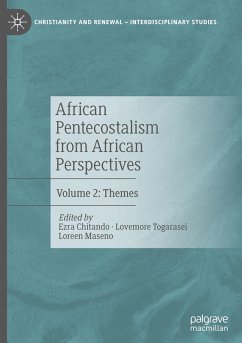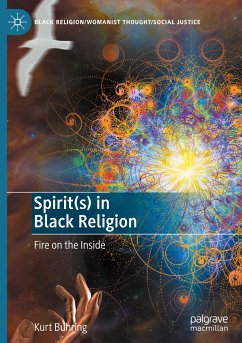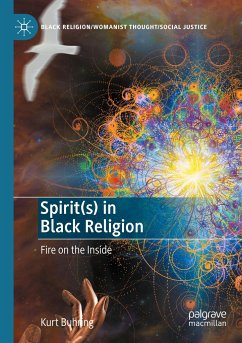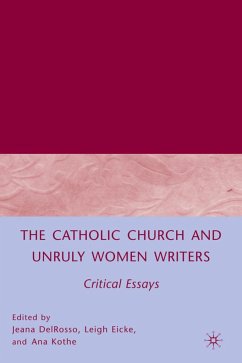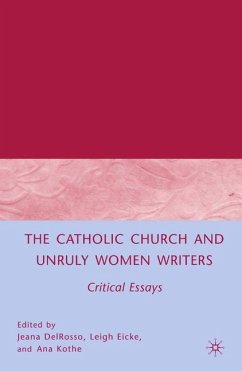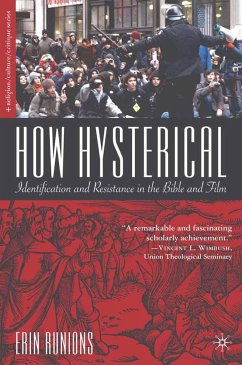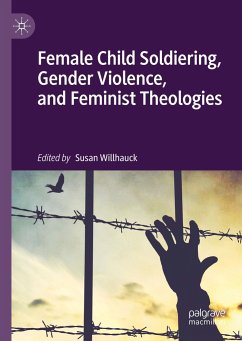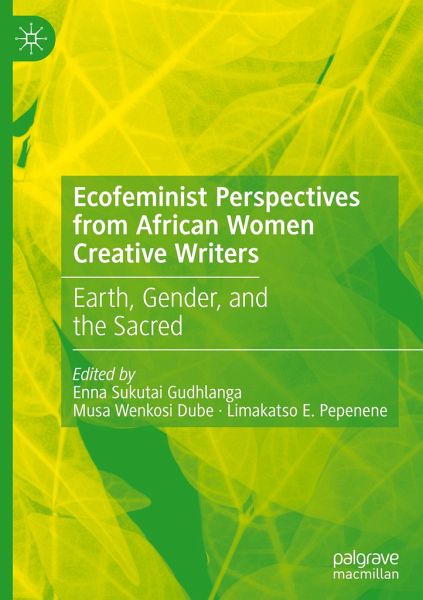
Ecofeminist Perspectives from African Women Creative Writers
Earth, Gender, and the Sacred
Herausgegeben: Gudhlanga, Enna Sukutai; Wenkosi Dube, Musa; Pepenene, Limakatso E.

PAYBACK Punkte
53 °P sammeln!
This volume explores contemporary African women's creative writing, highlighting their contributions to ecofeminist theology. Contributors address the following questions: How do contemporary African women writers depict the Earth/land/environment and its relationship to women in various contexts? How is religion featured in African women's writing? How does religious literature (scriptures) form an intertextual layer in African women's writing? The contributors proceed by analyzing the intersection of religion, gender, class, sexuality, colonialism, and ecology in selected texts written by Af...
This volume explores contemporary African women's creative writing, highlighting their contributions to ecofeminist theology. Contributors address the following questions: How do contemporary African women writers depict the Earth/land/environment and its relationship to women in various contexts? How is religion featured in African women's writing? How does religious literature (scriptures) form an intertextual layer in African women's writing? The contributors proceed by analyzing the intersection of religion, gender, class, sexuality, colonialism, and ecology in selected texts written by African women. They bring these texts into conversation with broader eco-feminist theological scholarship, exploring the potential of literary writing to contribute to theological discourse of liberation and social justice in the African and global arena.





